My life here isn’t limited to our little farm, but it is centered there. I moved here permanently because I thought it was a place and a group of people that were a home for me. Even though that is not always easy, it is always true.
The differences in what we eat don’t seem like they would be that much of a big deal, but these differences can be challenging. I guess it’s easiest for those of us who are omnivores and just eat what we want to eat– what seems “normal” –and what the other’s eat can be mystifying, and even annoying. When planning a potluck, it really would be easiest if we just all ate in the same way, but we don’t. So I try to come up with vegan and gluten-free things to offer the folks I love. One example was today’s recipe.
Although it was a very hard path for me to follow, I do have a deep respect for vegans. I am an ethicist, and it is an ethical choice. It is a higher standard that I admire, but which I am not capable of imitating. I can try, in my way, to lessen the harm I do to my fellow creatures, to care for my chickens even though I take their eggs, and to try to follow practices which reduce the gratuitous pain cause by the industrial meat industry, but I am a sinner. For health reasons, it is difficult for me to live on a reduced diet, but even more than that, because of my own weaknesses I cannot give up meat.
My vegan friends are incredibly open and accepting of me even though I do this. I can still share food around the table with my vegan friends, and wouldn’t ever want to give that up.
Although I don’t understand it, I love lots of people who cannot eat gluten. I love people who are so sensitive that they become very sick when they are around gluten or eat things that have been prepared near gluten. I love people who’s guts become uncomfortable when they eat gluten, and pretty rough if they eat a lot of it. Whatever diet or life style choices they have made before, the fact remains that I can not reasonably expect them to only eat what seems “normal” to me. How could I expect them to be in pain just to conform to what seems most comfortable to me?
Loving mean trying to understand what hurts other people and to try to avoid anything that might hurt them. How could I ever give up sharing food around the table with these friends?
You see, for me, eating together is the perfect symbol of love. Eating together nourishes and encourages communication. It equalizes. It is shared. My parents taught us love in many ways, but one of these was supper. To prepare food with your hands and share it around the table was an act of love; it was what made a home a home. To share food in your home was about allowing your family and friends and even strangers to become part of your home. To come into somebody else’s house and share their food was to become part of their home.
I don’t understand love completely, except that I know that I have been loved. When I was a young stranger just moved to Nashville, with the scars of my kidney surgery still fresh, I was taken in and fed by friends. Several of them that stand out to me were lesbians who seemed much wiser and older than I was, but who fed me and took care of me even  though they had no obvious reason to care about a white cis straight boy. I really did not understand what made them love, but I accepted the love they gave to me. In the years since then, hundreds of doors have opened to me and hundreds of tables have welcomed me, and at the same time I have shared my cooking with hundreds of people, even people I have never met. When I taught philosophy, I shared my food and my home with my students, because so much of what I wanted to teach them could be shown around a table of food. That is how my parents taught me to love and to be loved. I was loved unconditionally by my parents, and in turn love my daughter unconditionally. When she was growing up, I tried to teach her as much as I could about love and food. We often had guests and were guests. I taught her how to cook and how to welcome folks to her table.
though they had no obvious reason to care about a white cis straight boy. I really did not understand what made them love, but I accepted the love they gave to me. In the years since then, hundreds of doors have opened to me and hundreds of tables have welcomed me, and at the same time I have shared my cooking with hundreds of people, even people I have never met. When I taught philosophy, I shared my food and my home with my students, because so much of what I wanted to teach them could be shown around a table of food. That is how my parents taught me to love and to be loved. I was loved unconditionally by my parents, and in turn love my daughter unconditionally. When she was growing up, I tried to teach her as much as I could about love and food. We often had guests and were guests. I taught her how to cook and how to welcome folks to her table.
I can’t expect them all to love just in the way that seems “normal” to me. I can’t expect to give up what seems right to them, or what is obviously healthy for them, or expect them to love or to give up love in ways that would hurt them. I can’t expect people I love to pretend to be someone or something they aren’t just to make my life less awkward. How could I give up sharing food or tables or homes or work or beds with these friends?









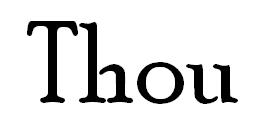
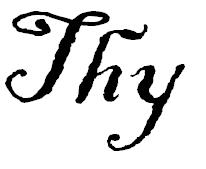
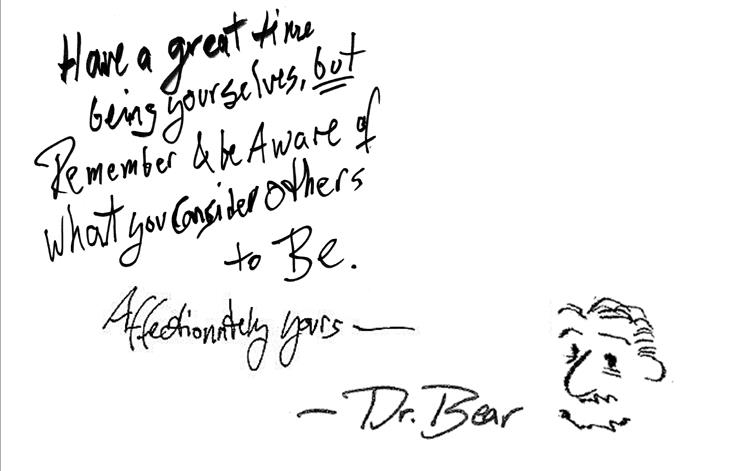



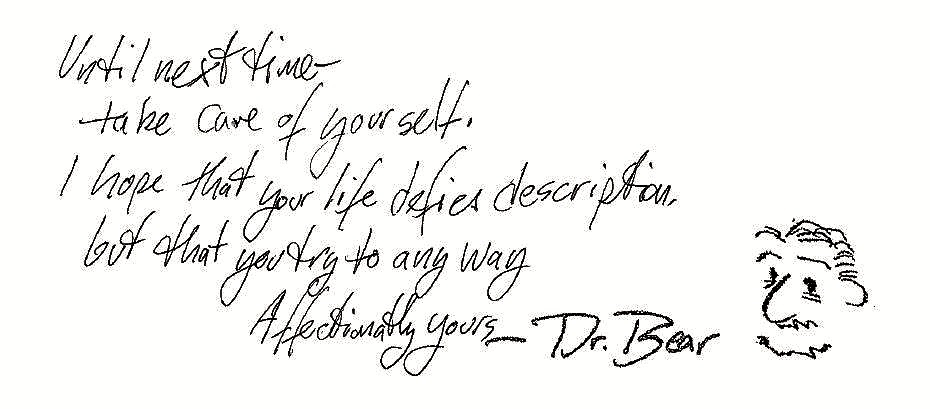
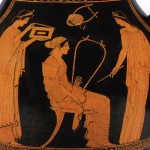







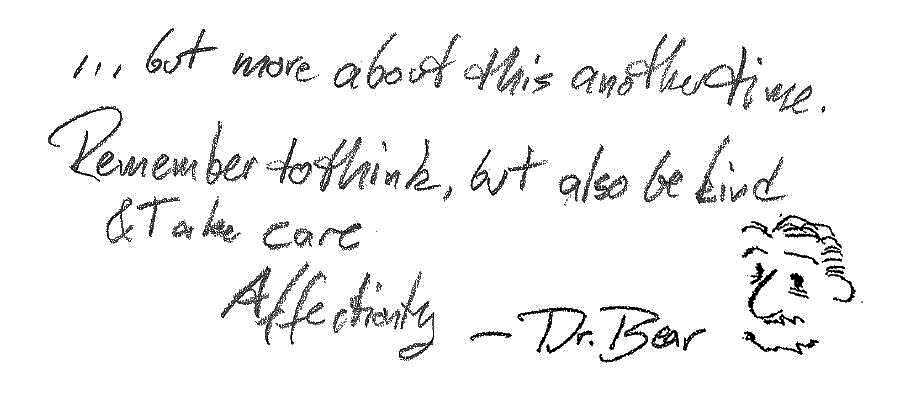



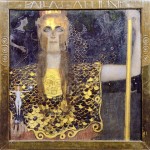
 I once told my daughter that she comes from a long line of strong-willed women and a long line of men who somehow got a kick out of strong-willed women.
I once told my daughter that she comes from a long line of strong-willed women and a long line of men who somehow got a kick out of strong-willed women.